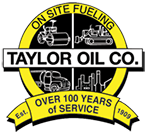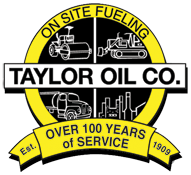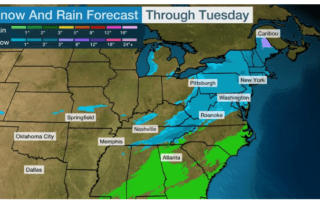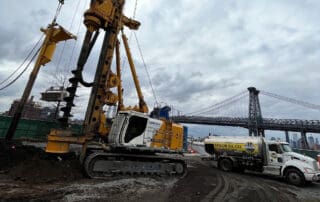Navigating the Frosty Roads: Safe Truck Driving Tips for Winter in New England
Winter in New England can be unforgiving, with icy roads, heavy snowfall, and freezing temperatures making truck driving a challenging endeavor. As professional truckers gear up to face the harsh winter conditions, it's crucial to prioritize safety on the roads. In this blog, we'll explore essential safe truck driving tips tailored to the unique challenges posed by winter in New England. Winter Maintenance Checklist: Before hitting the road, ensure that your truck is winter-ready. Perform a thorough inspection, checking the tires, brakes, lights, and heating system. Carry essential supplies like antifreeze, windshield washer fluid, and a snowbrush to keep your vehicle in top condition. Weather Monitoring: Stay ahead of the weather by monitoring forecasts regularly. New England winters can bring sudden storms, so plan your routes accordingly. If adverse conditions are predicted, consider delaying your trip or finding an alternate route to avoid the worst of the weather. Slow Down and Increase Following Distance: Icy roads demand a reduction in speed. Slow down to maintain better control of your truck and increase the following distance between vehicles. This provides ample time to react to sudden stops or obstacles on slippery roads. Use Chains and Snow Tires: In extreme winter [...]




